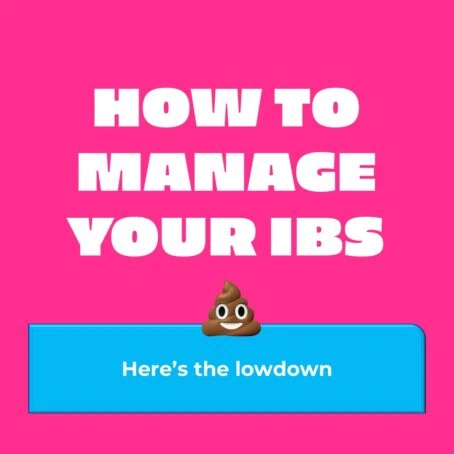The F-word we’re all talking about: FIBRE
It might not have the sexiest rep, but fibre is your BFF when it comes to making sure things run smoothly down there.
Fibre brings a whole load of health benefits. And they go way beyond your gut too. Did you know this plant-based nutrient can even protect your heart?
But most of us aren’t getting enough of the good stuff. Nowhere near enough in fact. Research shows as adults, we should be getting at least 30g of fibre every day – but most of us only hit about 20g.
So what’s fibre all about? And how can you get more in your diet? Here are the fibre basics to help you stay savvy.
What is Fibre?
Put simply, fibre is a type of carbohydrate that can’t be broken down by the body. Instead, it passes through the gut into the large intestine where our gut microbes ferment it. Fibre is found in plant foods like wholegrains, nuts, vegetables and fruits.
There are actually various types of fibre. The two main types you’ll hear about are insoluble and soluble.
What’s the difference?
- Insoluble Fibre: helps food to move along the digestive system, to avoid that ‘blocked up’ feeling. It’s found in wholegrains, veg, potatoes with the skin on, nuts and seeds.
- Soluble fibre: on the other hand, dissolves in water. It forms a gel in the gut to keep our stools soft and swerve constipation. Soluble fibre can be found in beans and pulses, as well as oats, fruit, carrots and potatoes.
- Resistant starch: found in foods such as bananas, beans, grains and potatoes (especially potatoes which have been cooked and cooled), is also a form of fibre. It ferments in the large intestine and produces short-chain fatty acids, to help boost your gut health.






